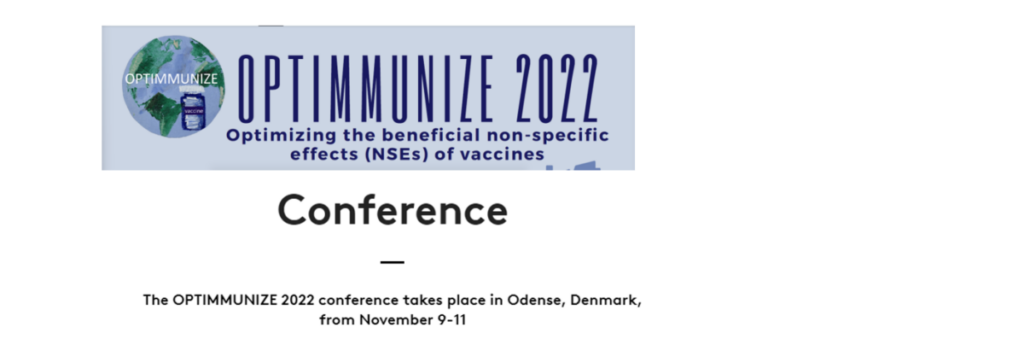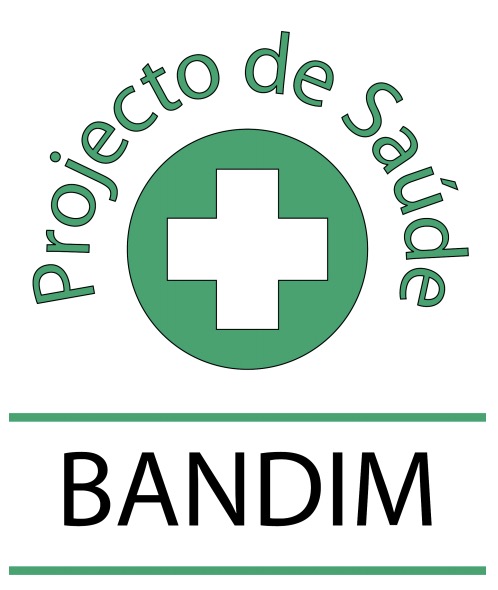Optimmunize
An international, not-for-profit organization, focused on vaccine program optimization
Mission statements
- Optimmunize is committed to optimizing use of vaccines across the globe by comprehensively defining their overall health effects across demographic features such as biological sex and gender, age etc.
- Optimmunize asserts that trust in vaccines is built upon evidence-based data and rigorous analyses.
- Optimmunize will communicate science to the lay public with accuracy, humility, and respect.
- Optimmunize supports vaccine equity and liberty across the globe.
Vision
- Every vaccine is evaluated for overall health effects across biological sex and gender and across the age ranges to which it is administered.
- Every vaccine is studied to define an accurate correlate of protection that is validated in distinct target populations that vary by key demographic features.
- Every vaccine is evaluated for both its specific effects and “non-specific” (heterologous/off-target/secondary) effects on susceptibility to unrelated pathogen infections.
- For every vaccine, potential interactions – beneficial, neutral, or deleterious – with other health interventions should be considered.
- Global vaccination programs focus not only on combating specific diseases, but also on strengthening the immune system.
- Global vaccination programs are designed to optimize both the target-specific and non-specific effects of the vaccine.
- Trust in and adherence to recommended vaccination programs are high based on robust data and appropriate analyses of overall health benefits coupled with accurate and respectful communication to the lay public.
Conferences
- In 2022, at the Danish Institute for Advanced Study at the University of Southern Denmark in Odense, Optimmunize hosted the second conference on non-specific effects of vaccine

In connection with the Wellcome conference, a Special Issue in the journal Vaccine was published. Furthermore, an article in Nature Reviews Immunology was published.
- In 2020, at the Wellcome Trust campus in Cambridge, Optimmunize hosted the World’s first conference on non-specific effects of vaccines.

Meetings
- 4th workshop: February 2017, Copenhagen
- Satellite meeting: October 2015, Bissau
- 3rd workshop: November 2014, Copenhagen
- 2nd workshop: August 2012, Copenhagen (Proceedings paper)
- 1st workshop: January 2010, Copenhagen (Proceedings paper)
